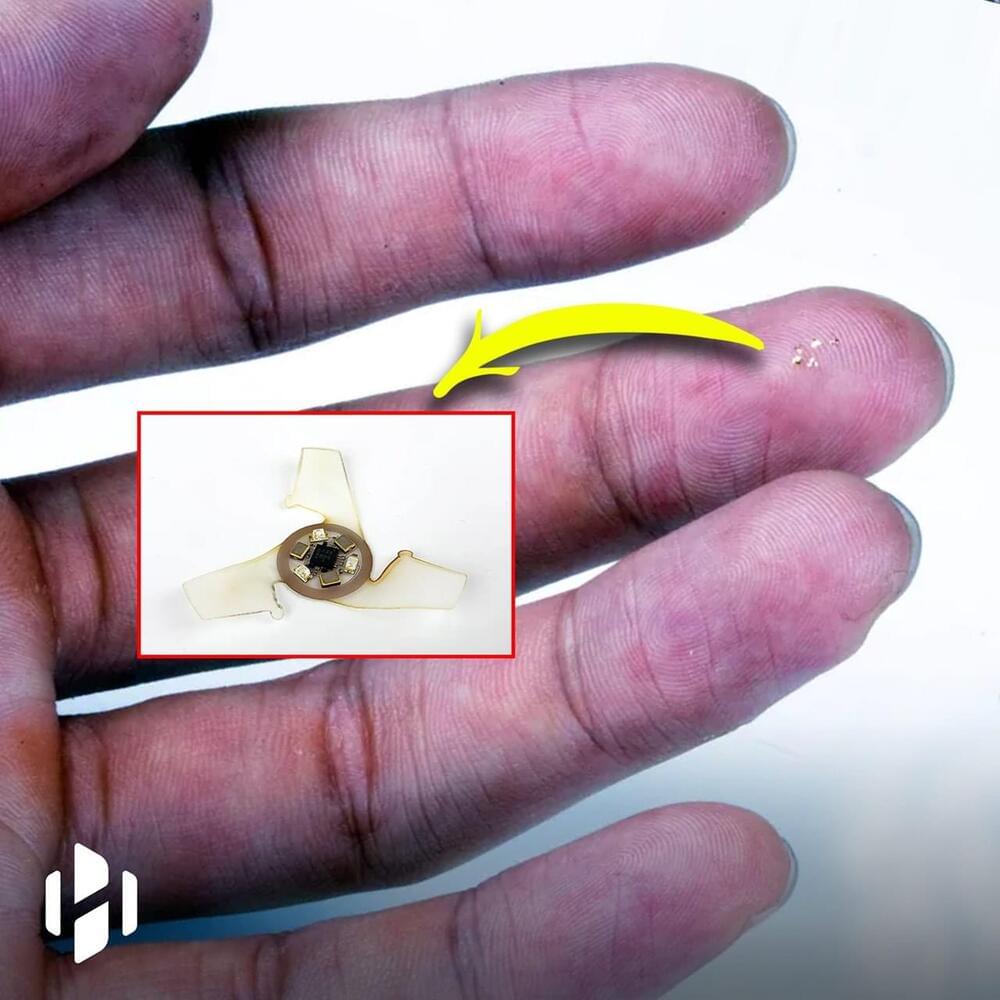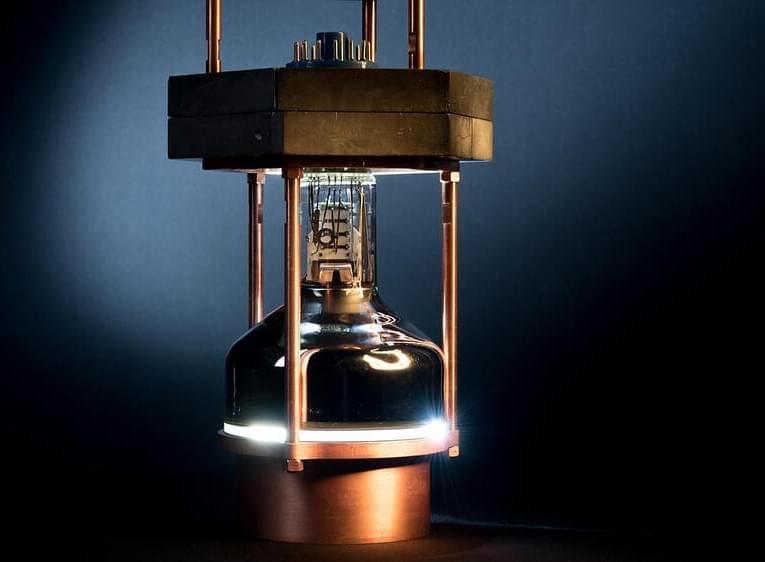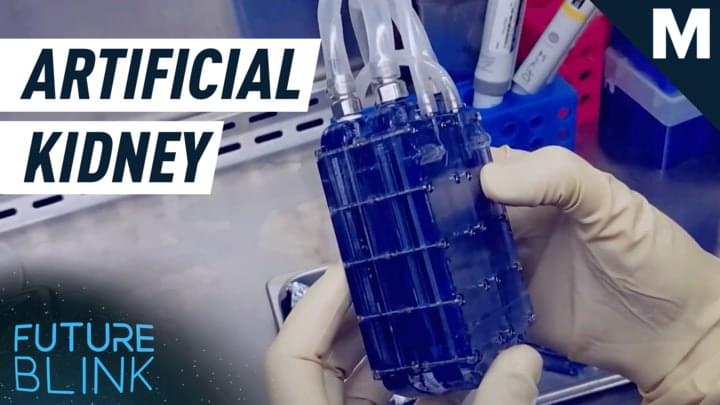In the latest episode of MIT Technology Review’s podcast “In Machines We Trust,” we asked career and job-matching experts for practical tips on how to succeed in a job market increasingly influenced by artificial intelligence.
Once you optimize your résumé, you may want to practice interviewing with an AI too.







